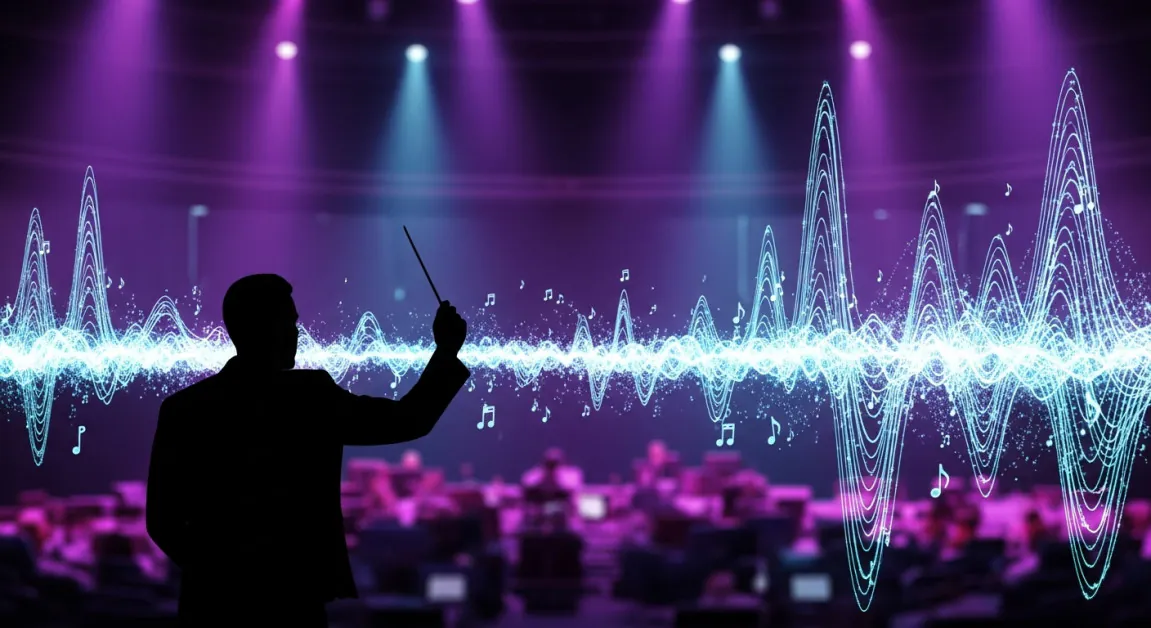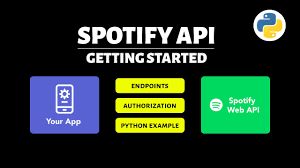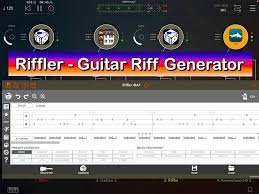In a major leap forward for AI and music tech, Google has unveiled Magenta RealTime (RT)—an AI music model capable of generating music in real-time, even faster than playback. This innovation transforms passive AI generation into an interactive musical instrument, fundamentally reshaping how creators compose, perform, and collaborate.

What Is Magenta RealTime?
Magenta RT is an advanced, 800-million-parameter autoregressive transformer model that produces continuous music in 2-second chunks, conditioned on the prior 10 seconds of output. According to Google, on a free-tier Colab TPU, the model creates 2 seconds of audio in 1.25 seconds, delivering a real-time factor of 1.6—i.e., faster than playback.
The magic behind this speed:
Block Autoregression – Working in small, rolling segments for quicker processing
SpectroStream Codec – Ensures high-fidelity 48?kHz stereo audio
MusicCoCa Embeddings – Semantic control layer for stylistic nuance
This is more than speed—it enables real-time responsiveness, not passive waiting.
From Generation to Instrument: Active Music Creation
Previously, AI models churned out full tracks in batch mode. Magenta RT, however, enables live performance:
Musicians can steer style embeddings mid-playback
The AI suggests genre changes, instrument swaps, or rhythmic accents in real-time
It’s not just outputting music—it becomes an interactive partner, promoting creative flow and engagement. Google notes this fosters a “perception-action loop” that enriches the process.
Real-World Applications & Market Reach
Magenta RT opens doors across creative sectors:
?? Live Performance – DJs and electronic artists can jam with AI on stage.
?? Interactive Installations – Music adapts to audience movement or ambient data.
?? Education Tools – Students learn musical structure through immediate AI-based feedback.
?? Gaming Soundtracks – Dynamic, adaptive scores that react to gameplay.
From a market perspective, research shows global AI-generated music market reached $2.9B in 2024, with projections to rise—and Magenta RT aims to capture real-time creative workflows .
Disruption and Responsibility: Industry Impacts
Economic Upside & Artist Concerns
The industry projects 17.2% revenue growth, mainly driven by increased AI music adoption.
However, Goldmedia warns musicians may lose up to 27% of revenue by 2028 if AI content saturates the market.
Democratization vs Devaluation
Magenta RT democratizes music creation—no expensive gear needed—but raises concerns about creative dilution. As one Reddit user commented on MusicLM:
“We direct it, it creates, we modify it…still have a human creative element…even if it's not a wholly human creation.”
Ethical Guardrails
Google trained Magenta RT on licensed stock instrumental music (~190k hours) and includes SynthID watermarking, promoting transparency and ownership.
Technical Innovations Driving Speed
Academic research parallels this momentum:
Presto! achieves 10–18× faster generation via distillation methods, hitting ~32?s outputs in ~230?ms.
ACE-Step can produce 4 minutes of music in 20 seconds on top-tier GPUs, balancing speed and coherence.
DITTO?2 enables fast, controllable generation 10–20× quicker than real-time.
MIDInfinite generates symbolic MIDI faster than playback on standard laptops.
Google’s innovation aligns with these breakthroughs, highlighting a broader trend toward real-time music generation.
Why Real-Time AI Music Matters
1. Bridging Human–AI Collaboration
Musicians can play with AI live, fostering dynamic creativity.
2. Versatility & Integration
From performances to installations, and education, Magenta RT scales across domains.
3. Setting Ethical Standards
Open-source licensing, watermarking, and use of stock training data set a responsible precedent.
4. Pushing the Industry Forward
Real-time capabilities redefine expectations—from static generation to responsive creation.
Conclusion
Google’s Magenta RT redefines AI in music, shifting from generation to real-time interaction. With speeds exceeding playback and deep stylistic control, it's not just a tool—it’s an instrument. While ethical and economic questions persist, this technology signals a new era where human creativity and AI interweave seamlessly.
Musicians, educators, and technologists should track Magenta RT—because the future of music is live, collaborative, and AI-powered.
FAQs
Q1: What does “faster than playback” mean?
Magenta RT generates 2 seconds of audio in 1.25 seconds of processing—faster than the actual length of time.
Q2: Is the MusCoCa embedding user-controllable?
Yes—artists can tweak style embeddings in real-time to steer genre, mood, and instrumentation.
Q3: What about copyright concerns?
The model is trained on licensed stock instrumentals (~190,000 hours) and watermarked with SynthID for traceability.
Q4: Can I use Magenta RT locally?
Currently, it's available via Google Colab TPU. However, open-source alternatives like Presto!, ACE?Step, and MIDInfinite enable fast local generation.
Q5: How will this impact musicians?
Mixed implications: while some worry about revenue loss, others embrace AI as a tool—an assistant rather than replacement .
Learn more about AI MUSIC








